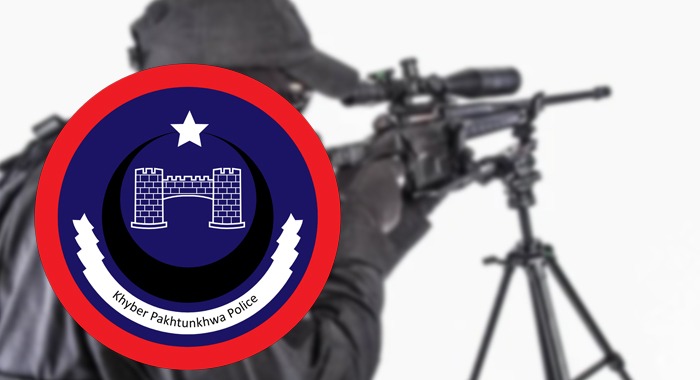Khyber Pakhtunkhwa police have formed their first dedicated sniper squad to counter a growing terrorism threat in the province, the Central Police Office Peshawar announced. The unit, established in response to increasing militant activity, has been trained and equipped to operate in mountainous valleys, border regions, and southern districts — areas particularly vulnerable to cross-border infiltration.
Each squad will consist of 10 specially trained personnel who have completed a three-month elite sniper training course. They have been equipped with advanced weaponry and, during winter deployments, will also be issued thermal imaging devices to maintain combat effectiveness in low-visibility conditions. Initial deployments will cover southern districts, the Malakand Division, and key border zones.
Police say the squads are designed for long-range engagements and are trained to neutralise high-value or hidden threats that conventional patrols may be unable to reach. The initiative is part of a broader move to modernise the provincial police force and adapt to the evolving operational landscape in the region.
The drive toward modernisation gained urgency following repeated warnings by the province’s Inspector General of Police, who has consistently described Khyber Pakhtunkhwa as the frontline in Pakistan’s decades-long fight against terrorism. Despite long-standing appeals for better training, technology, and integrated surveillance initiatives such as Safe City projects, critics argue that successive provincial governments failed to prioritise institutional reforms — favouring political expediency and overlooking systemic corruption.
One of the major shifts in recent months has been the increasing use of advanced American weaponry by militants, including night vision goggles, laser aiming devices, and sniper rifles left behind by US and allied forces during their withdrawal from Afghanistan. These high-tech tools are now being used against Pakistani security forces, further complicating the operational environment and prompting authorities to urgently upgrade their countermeasures.
The availability of such equipment, combined with the use of drones and quad-copters by militants, represents a significant escalation in tactics. Security officials say the sniper squad is just one part of a larger, layered response that includes enhanced intelligence capabilities, improved border surveillance, and deeper coordination with national counterterrorism institutions.
Adding to the challenge are persistent concerns over the use — and possible misuse — of federal counterterrorism funds. Nearly PKR 700 billion allocated for counterterrorism over recent years remains insufficiently accounted for, according to analysts, raising questions about transparency, oversight, and the efficient application of public resources.
Police officials emphasise that while the sniper squads represent an important tactical addition, long-term success in combating terrorism will require sustained investment, cross-border cooperation, and a complete shift in how counterterrorism policy is implemented and monitored across the country.





